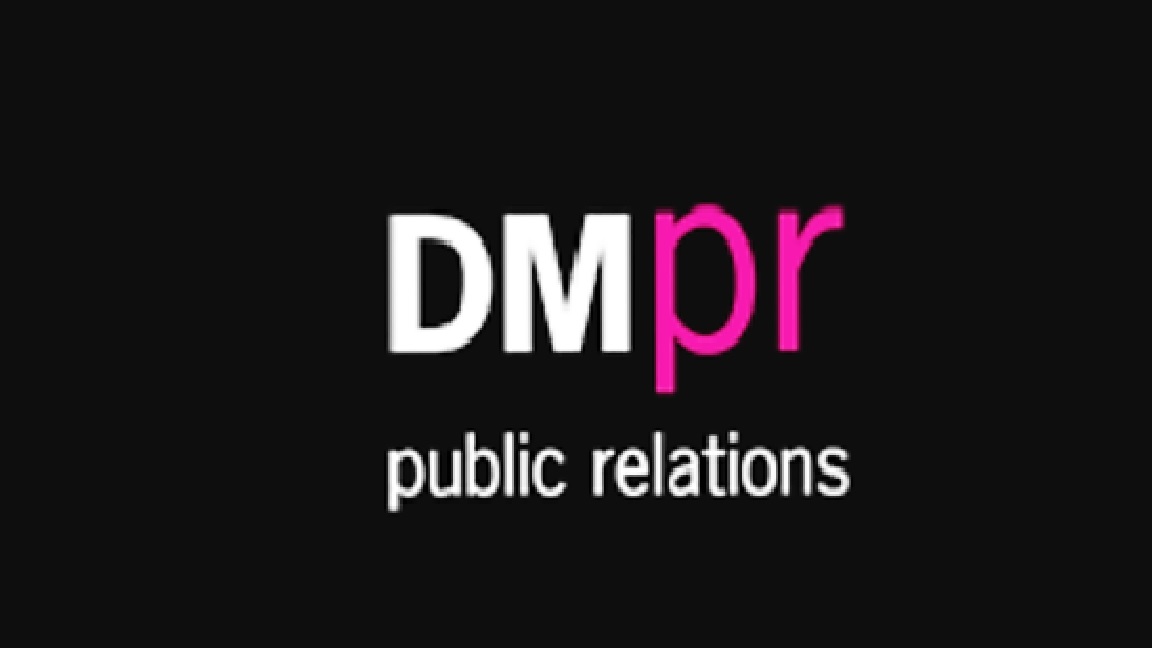How to make your business more personable
 What is meant by good manners? Do we think about the good old days when we used to be told "Mind your manners" by our parents before we visited relatives or leaving to go to a party at a neighbours house (I may have left the side down once or twice, I admit!) The term may sound old-school and something that is not too important in today’s world of fast paced life and business but to me good manners never go out of style.
Good ‘business etiquette’ forms (or should form!) the kernel of what we aspire to in our own personal lives: politeness, reliability, honesty, dependability, trustworthiness all which in turn transpires to treating colleagues and clients with respect.
Harvard Business School professor Amy Cuddy along with fellow psychologists Susan Fiske and Peter Glick – after 15 years of research - discovered that people make a first impression judgement based on two criteria: Competence and Trustworthiness.
After reading her book, "Presence," I found out that most people, especially in a professional context, believe that competence is the most important factor. After all, people want to prove that they are smart and talented enough to handle your business.
However, it is in fact, warmth, or trustworthiness that is actually the most important factor in how people evaluate you. This makes sense when you consider that in cavemen days it was more important to figure out if the guy beside you was going to kill you and steal all your possessions than if he was competent enough to build a good fire.
Therefore good business usually accompanies good manners: poor manners can result in lost business. Remember these three points:
What is meant by good manners? Do we think about the good old days when we used to be told "Mind your manners" by our parents before we visited relatives or leaving to go to a party at a neighbours house (I may have left the side down once or twice, I admit!) The term may sound old-school and something that is not too important in today’s world of fast paced life and business but to me good manners never go out of style.
Good ‘business etiquette’ forms (or should form!) the kernel of what we aspire to in our own personal lives: politeness, reliability, honesty, dependability, trustworthiness all which in turn transpires to treating colleagues and clients with respect.
Harvard Business School professor Amy Cuddy along with fellow psychologists Susan Fiske and Peter Glick – after 15 years of research - discovered that people make a first impression judgement based on two criteria: Competence and Trustworthiness.
After reading her book, "Presence," I found out that most people, especially in a professional context, believe that competence is the most important factor. After all, people want to prove that they are smart and talented enough to handle your business.
However, it is in fact, warmth, or trustworthiness that is actually the most important factor in how people evaluate you. This makes sense when you consider that in cavemen days it was more important to figure out if the guy beside you was going to kill you and steal all your possessions than if he was competent enough to build a good fire.
Therefore good business usually accompanies good manners: poor manners can result in lost business. Remember these three points:
- Try your best to remember the person’s name – a person’s name is one of the most important words in their world.
- Always maintain the very best manners with your client – however appalling theirs might be.
- Good manners can be your distinguishing feature in a relationship.
- The manner of how you conduct your business can distinguish your company’s service.

Pingback: Avoid this Simple Business Mistake « DMpr - Public Relations Company